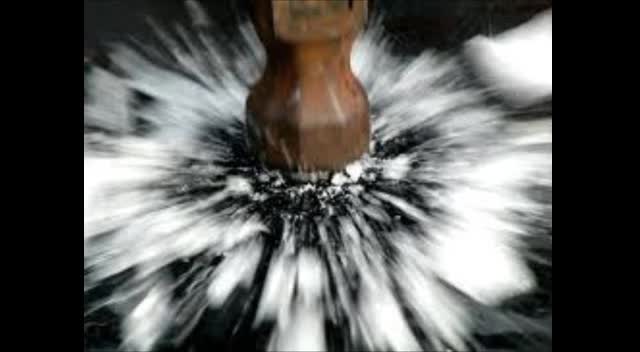You who build these altars now
To sacrifice these children
You must not do it anymore
A scheme is not a vision
And you never have been tempted
By a demon or a God
To sacrifice these children
You must not do it anymore
A scheme is not a vision
And you never have been tempted
By a demon or a God
You who stand above them now
Your hatchets blunt and bloody
You were not there before
When I lay upon a mountain
And my father's hand was trembling
With the beauty of the word
Your hatchets blunt and bloody
You were not there before
When I lay upon a mountain
And my father's hand was trembling
With the beauty of the word
And if you call me brother now
Forgive me if I inquire
"Just according to whose plan?"
When it all comes down to dust
I will kill you if I must
I will help you if I can
Forgive me if I inquire
"Just according to whose plan?"
When it all comes down to dust
I will kill you if I must
I will help you if I can
When it all comes down to dust
I will help you if I must
I will kill you if I can
And mercy on our uniform
Man of peace or man of war
The peacock spreads his fan
I will help you if I must
I will kill you if I can
And mercy on our uniform
Man of peace or man of war
The peacock spreads his fan
Leonard Cohen, The Story
of Isaac
In this fall’s e-Torah, I’m focusing on midrash on the
weekly portion. For the most part, this
means classic rabbinic commentary, but midrash
really means “interpretation”—and that process of encountering and
wrestling with the biblical text is a living one that very much continues in
our time. In that spirit, this week I’m
sharing a text from a song, The Story of
Issaac, by Leonard Cohen, z”l, who died on Thursday.
The Torah portion ends with the Akedah, the account of the binding of Isaac that many know from the
reading on Rosh Hashanah morning. In
Cohen’s telling, this terse tale becomes an anti-war hymn and cautionary
warning against all the callous ways that we still sacrifice our children. While God spared Isaac, too many are not
granted such a reprieve. Cohen
introduced the song this way in a 1968 session with the BBC: “There's
a story in the Bible about Isaac, how his father summoned him to go and climb a
mountain, how his father built an altar there after he had been commanded to
offer up his son. And just at the last moment before he was about to
sacrifice Isaac, an angel held the hand of the father. But today the
children are being sacrificed and no one raises a hand to end the
sacrifice. And this is what this song is about.”
This week, consider: How are we still leading our children
to the altar? What societal changes do
we need to make to better tend to them and their future?
And for a fine performance of the entire song:
